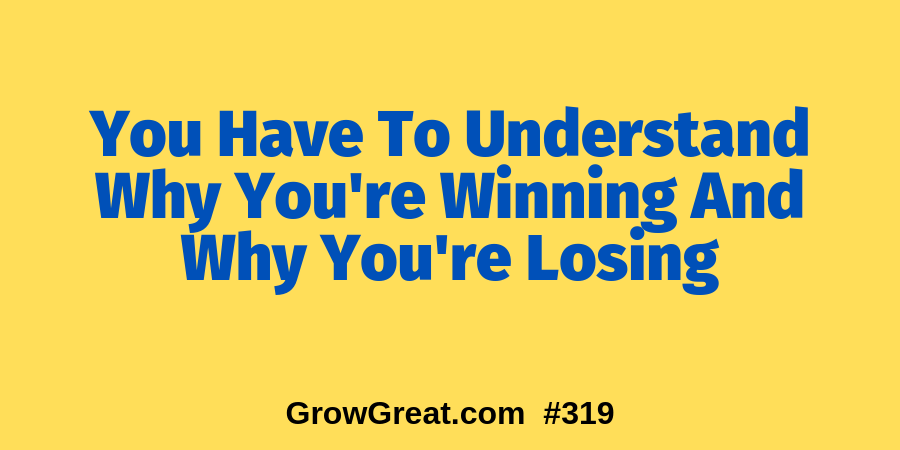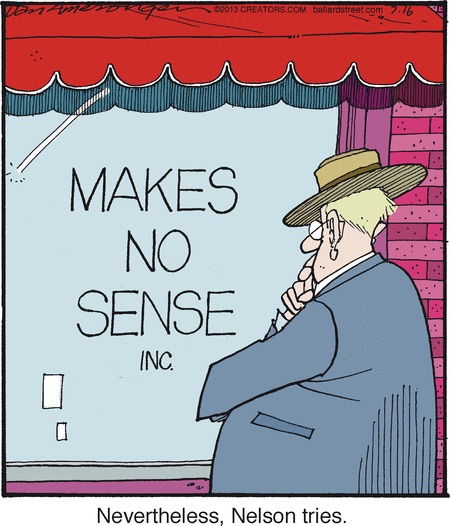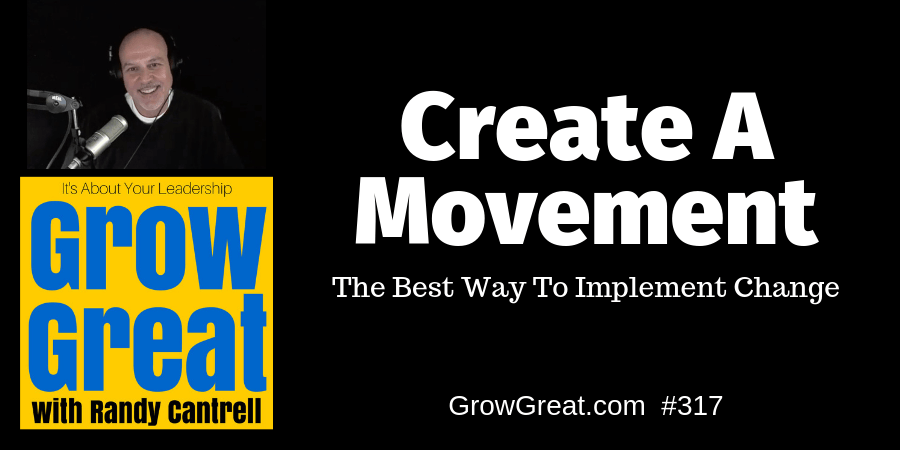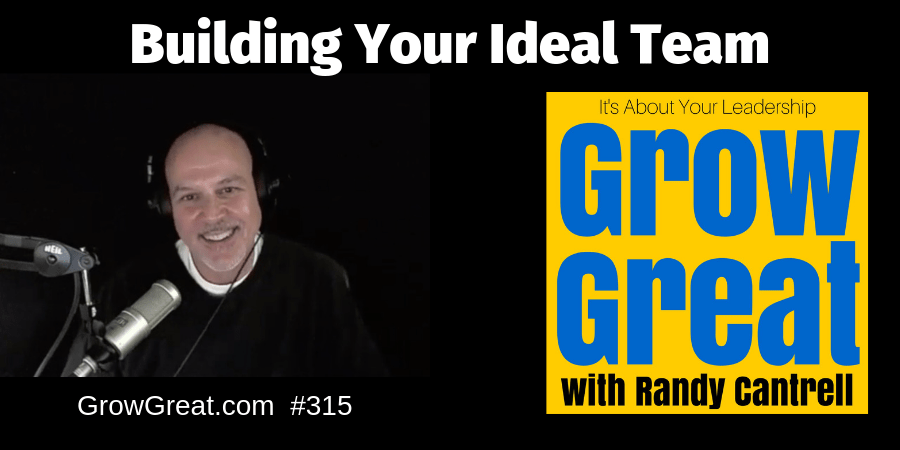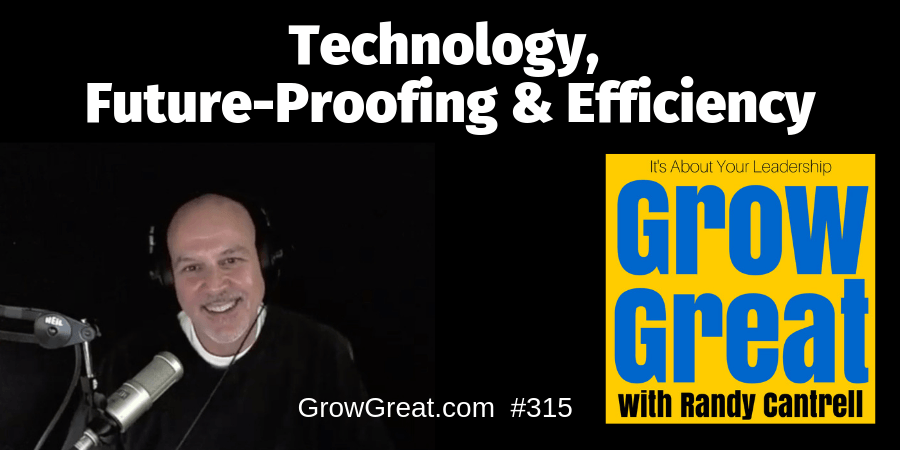The Basic Ingredients of Leadership According To Warren Bennis (320)
Podcast: Play in new window | Download (Duration: 7:49 — 7.5MB)
Subscribe: Apple Podcasts | Spotify | RSS | More
Back in episode 318 we talked about the first basic ingredient of leadership according to famed leadership expert Warren Bennis – GUIDING VISION. Let’s kick this week off with a brief discussion on the other ingredients Mr. Bennis found foundational to effective leadership.
- Guiding Vision (see episode 318)
- Passion – Bennis felt this was next because without it a leader may find it tough to get people on his side. All that engagement and empowerment stuff. He defined the areas of passion as passion for the promises of life, coupled with a specific passion for a vocation, a profession and a course of action. In other words, a leader needs to be passionate about those things associated with her leadership. In short, the leader loves what he does and what he’s doing. This passion helps leaders communicate hope and inspiration.
- Integrity – Bennis felt there were 3 essential parts to integrity: self-knowledge, candor and maturity. Self-knowledge (self-awareness) is tough, but we all need to put in the work to truly know ourselves. Get in touch with your strengths and weaknesses, know what you want to do and why you want to do it. Your success hinges on it. Great leaders never lie to themselves. Especially about themselves. Candor is a key to self-knowledge. Candor is honesty in thought and action. It’s uncompromising. Maturity is necessary because leading isn’t merely showing people the way or telling people what to do. It’s the experience we gain as we learn to be dedicated, cooperative and collaborative. Bennis also mentions that integrity is the basis of trust. Trust isn’t an ingredient, according to him, but it’s a product of leadership. It has to be earned.
- Curiosity and Daring – the last two ingredients of leadership according to Bennis fuel the leader. These ingredients help prevent leaders from fearing failure – at least to the point of paralysis. Leaders learn from adversity and going into the unknown. The strong desire to learn as much as possible and the willingness to take risks by experimenting – these are necessary for effective leadership.
Great leaders are built or made. They’re not born. Many of these ingredients aren’t natural, but they can all be acquired. Wrote Bennis:
Leaders invent themselves. They are not, by the way, made in a single weekend seminar, as many of the leadership-theory spokemen claim. I’ve come to think of that one as the microwave theory: pop in Mr. or Ms. Average and out pops McLeader in sixty seconds.
The balance between feeling and thought is important. Both are required if we’re going to improve our understanding.
Bennis thought the difference between leaders and managers were as the differences between those who master the context and those who surrender to it. But he pointed out other differences, too.
- The manager administers while the leader innovates.
- The manager is a copy while the leader is an original.
- The manager maintains while the leader develops.
- The manager focuses on systems and structure while the leader focuses on people.
- The manager relies on control, but the leader inspires trust.
- The manager has a short-range view, but the leader has a long-range perspective.
- The manager asks how and when, while the leader asks what and why.
- The manager has his eye always on the bottom line, but the leader is watching the horizon.
- The manager imitates, but the leader originates.
- The manager accepts the status quo while the leader challenges it.
- The manager is the classic good soldier, but the leader is his own person.
- The manager does things right while the leader does the right thing.
Wrote Bennis:
To reprise Wallace Stevens (a Pulitzer prize-winning poet who was also a businessman and attorney), managers wear square hats and learn through training. Leaders wear sombreros and opt for education.
Our schools are pretty good at training. They’re dreadful at educating. Training is great for dogs. Not so great for humans. Perhaps that explains why there is such a gap in leadership.
Leaders work on themselves. Bennis felt the paradox of promotion was that leaders rise in spite of their weaknesses, but managers rise because of theirs.
We are our own raw material. We have to know what we’re made of and what we want to make of ourselves. It’s foundational to becoming a better leader.
Be well. Do good. Grow great!
Randy
The Basic Ingredients of Leadership According To Warren Bennis (320) Read More »

